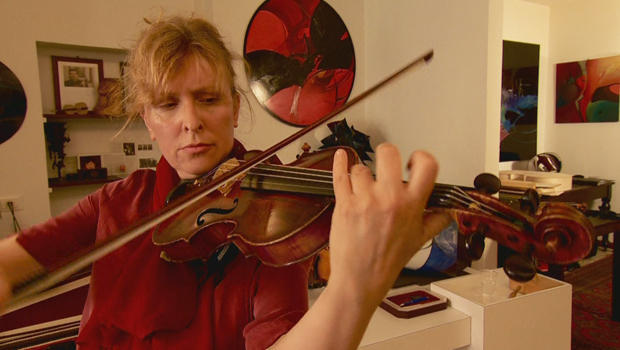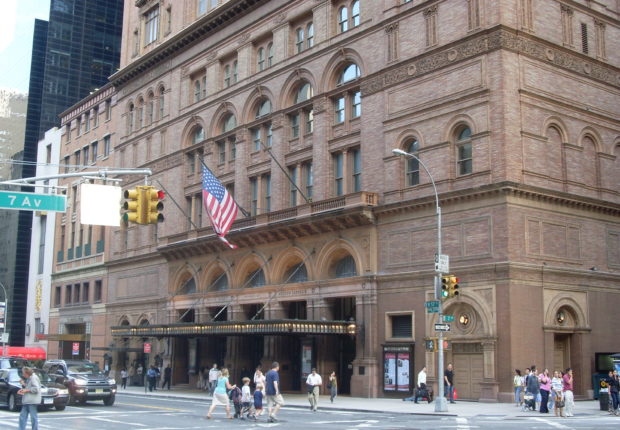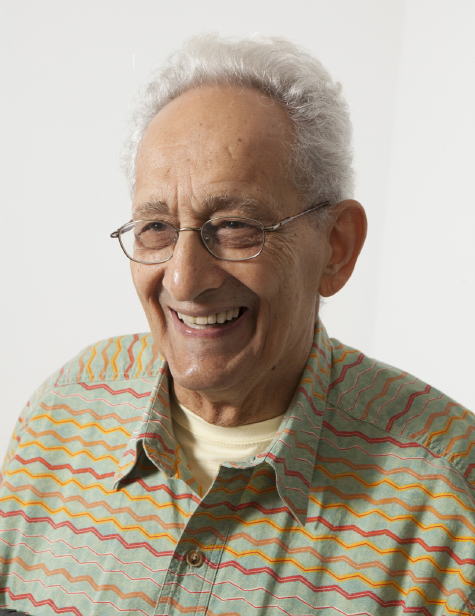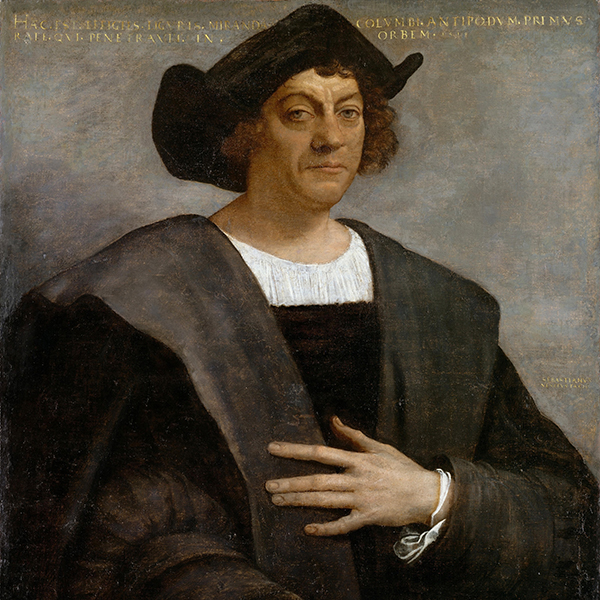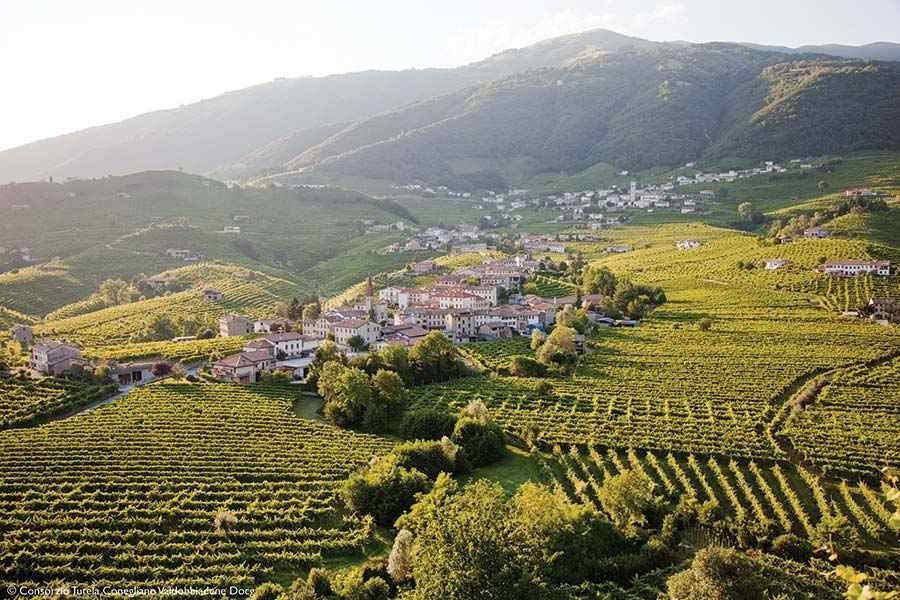Washington D.C., January 29, 2018 – The Embassy of Italy in Washington D.C. and the Italian Consular Offices and Cultural Institutes in the United States commemorated “International Holocaust Remembrance Day” with a series of events in Boston, Detroit, Chicago, Houston, Los Angeles, Miami, New York, Philadelphia, San Francisco and Washington D.C.
“International Holocaust Remembrance Day is a solemn occasion to reflect on a dramatic period of the history of humankind and it aims at preserving the tragic memory of the extermination of the Jewish people and at conveying this memory to the younger generations to prevent it from ever happening again,” said the Ambassador of Italy to the United States, Armando Varricchio. “For our Country,” Ambassador Varricchio continued, ”being on the forefront against hatred, discrimination, and intolerance is a priority. This priority is reflected in all that Italy does to save human lives in the Mediterranean Sea and also in the program of the Italian OSCE Chairmanship 2018 that started with, among other events, a conference on antisemitism in Rome.”
The Embassy of Italy and the Institute of Culture, in collaboration with the Holocaust Memorial Museum in Washington D.C., organized an evening dedicated to the “Lost Music of the Holocaust”. For nearly 30 years, Italian pianist and musicologist Francesco Lotoro, with the support of Last Musik, has been on the quest for music, melodies and songs written in the concentration camps during World War II. Lotoro collected over 4,000 pieces which were left unknown for more than 70 years and at the event he will play a few pieces from this collection. Dr. Bret Werb, Music Collection Curator of the Holocaust Memorial Museum in Washington D.C., and Kenneth Stow, Professor Emeritus of Jewish History at the University of Haifa, will participate at the event revealing the stories behind the pieces and presenting a video on music written in Second World War concentration camps.
The Boston Consulate General, in collaboration with the American Jewish Committee of New England, the Consulate General of Israel and Boston University organized a symposium “The Meaning of Rescue: Then and Now.” Details of the actions of some “Righteous among Nations,” such as Mother Superior Maria Tribbioli who helped to save the lives of many Jews, were described. Special guest Roger Brooks, President of “Facing History and Ourselves” a nonprofit organization, emphasized the importance of studying the historical development of the Holocaust and other examples of genocide.
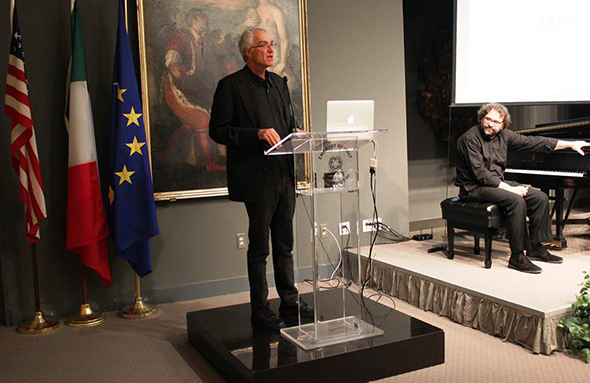 In Chicago, Davide Casali, clarinetist, conductor and artistic director of the Viktor Ullmann Festival and Elisa Frausin, pianist and first cello of the stable orchestra of the Ullmann Festival performed a Holocaust Remembrance Day Concert “Musica Degenerata”. The Viktor Ullmann Festival in Trieste, Italy, is the first of its kind dedicated to “degenerate” music, music prohibited in Nazi Germany and in Fascist Italy because it was considered decadent, damaging and contrary to the racists canons imposed by these two regimes. This solemn musical event was the result of a collaborative effort between the Italian Cultural Institute of Chicago, the Consulate General of Italy in Chicago, the Illinois Holocaust Museum & Education Center, The American Jewish Committee, and the PianoForte Foundation.
In Chicago, Davide Casali, clarinetist, conductor and artistic director of the Viktor Ullmann Festival and Elisa Frausin, pianist and first cello of the stable orchestra of the Ullmann Festival performed a Holocaust Remembrance Day Concert “Musica Degenerata”. The Viktor Ullmann Festival in Trieste, Italy, is the first of its kind dedicated to “degenerate” music, music prohibited in Nazi Germany and in Fascist Italy because it was considered decadent, damaging and contrary to the racists canons imposed by these two regimes. This solemn musical event was the result of a collaborative effort between the Italian Cultural Institute of Chicago, the Consulate General of Italy in Chicago, the Illinois Holocaust Museum & Education Center, The American Jewish Committee, and the PianoForte Foundation.
The “Musica Degenerata” concert was also presented a few days earlier by the Consulate of Italy in Detroit at the suggestive Temple of Beth El, in collaboration with the Dante Alighieri Society of Michigan and with the support of the Cohn Haddow Center for Judaic Studies. The clarinetist Davide Casali and the pianist Elisa Frausin performed music by composers including Leone Sinigaglia, Aldo Finzi and Renzo Massarani – Italian composers who were victims of persecution in the Nazi concentration camps and who found in music a source of comfort and hope within tragedy and pain. University of Michigan Professor Gabriele Boccaccini, one of the leading experts of Judaic Studies, introduced the event with a presentation on Italian Hebraism.
The Consulate General of Italy in Houston, in cooperation with the University of Houston and Rice University, presented screenings of three historical movies portraying the life in Italy under Nazi control namely Hotel Meina by Carlo Lizzani, A Special Day by Ettore Scola and Il Generale della Rovere by Roberto Rossellini.
In Los Angeles, the names of the thousands of Jews deported from Italy were read out loud. The Consulate General, the American Jewish Committee, the Los Angeles Museum of the Holocaust the Museum of Tolerance, the Milken Community Schools and Loyola Marymount University all collaborated in the event. Thereafter, at the Museum of Tolerance, Drew Principe, a young student, was recognized for his work with this year’s “Mi ricordo…I remember” prize. Through a documentary, he raised funds which allowed a Holocaust survivor to travel to Israel to celebrate his Bar Mitzvah which he had been denied to celebrate because of the war.
The Miami Consulate General in collaboration with the Jewish Federation of Sarasota-Manatee the Consulate staged an event at the First United Methodist Church of Sarasota honoring Italian men and women who helped save Jewish lives during the war. Participants shared their personal experiences and stories of acts of courage performed by Italians. Barbara Aiello the first woman rabbi in Italy and founder and director of the Italian Hebrew Cultural Center of Calabria closed the evening with her remarks. In another event the Consulate will present select excerpts of movies depicting the Holocaust to a group of students of Italian. Closing the occasion will be the personal testimony of survivor Mel Mermelstein – the sole survivor of his family at Auschwitz.
In New York Consulate General organized the proclamation of the names of the thousands of Jews deported from Italy. This event wase followed by lectures and symposiums to study past tragedies of concentration camps and present refugee efforts.
In Philadelphia, the Consulate General proposed the documentary My Italian Secret by Oren Jacoby, narrated by Isabella Rossellini which recounts the untold saga of Italians who rescued Jews and other refugees fleeing the Nazis. It features Gino Bartali, the charismatic Italian cycling hero who used his fame and risked his life to carry messages to the Italian Resistance and to smuggle refugees through the Swiss Alps.
The San Francisco Consulate General together with the Italian Cultural Institute screened the documentary I Only Wanted to Live (Volevo solo vivere) which follows nine Italian citizens who survived deportation and internment in Auschwitz. The film includes an interview with survivor Liliana Segre, who was recently appointed a Senator for Life by the Italian Government.
In 2000, the Italian parliament passed a law proclaiming January 27, the day the gates of Auschwitz were knocked down, “Holocaust Remembrance Day.” The aim is to remember the Shoah, the racial laws, the oppression of Jewish citizens, those who were deported, imprisoned, or killed, and those who fought against the extermination project, who saved other people’s lives, and who protected the persecuted, risking their own life.
The Italian decision was then followed by other countries and in 2005 the United Nations proclaimed January 27 “International Holocaust Remembrance Day.”


